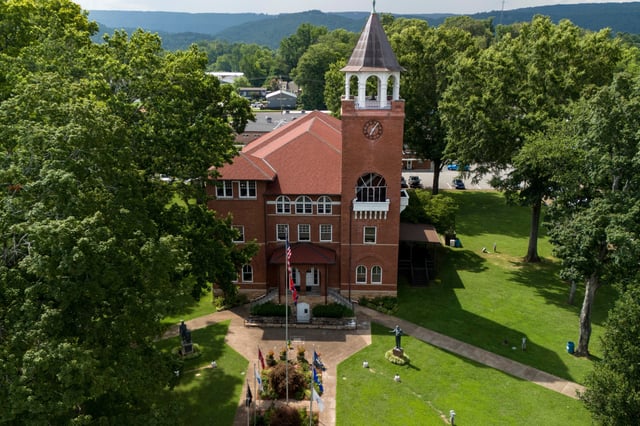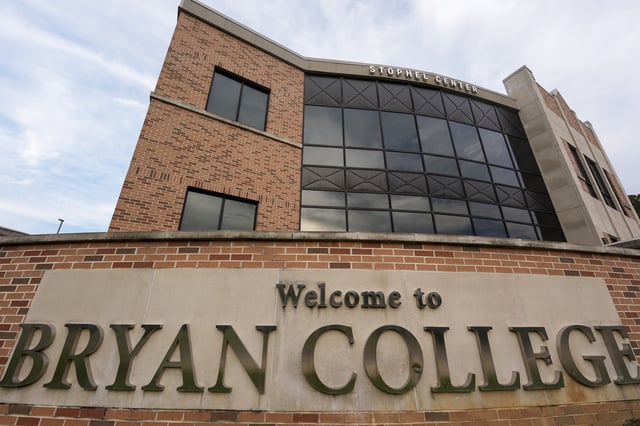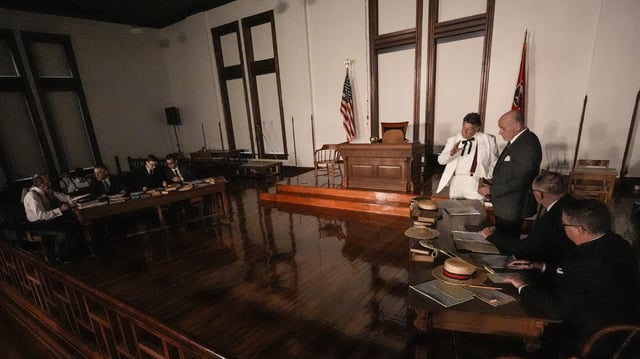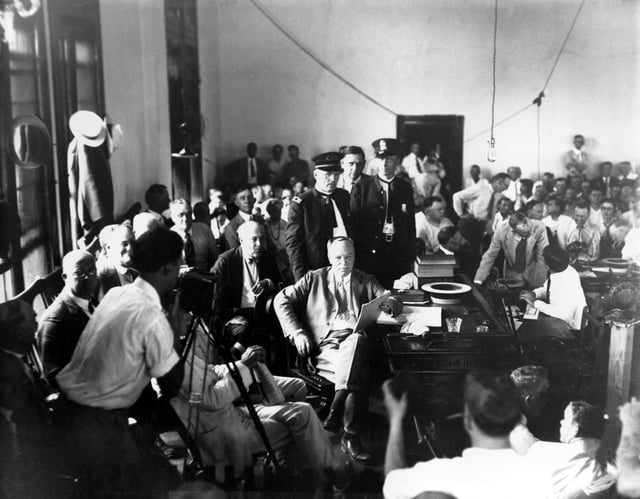Overview
- Organizers at Vanderbilt’s centennial symposium on the Scopes trial excluded intelligent design proponents from evolution sessions, prompting critics to label the event “Scopes-in-reverse” censorship
- The Supreme Court’s recent decision affirmed parental rights to opt students out of LGBTQ+ curriculum, setting a new precedent for content control in public schools
- Civil liberties groups have filed lawsuits challenging state laws that mandate Ten Commandments displays in classrooms, arguing they violate the First Amendment’s separation of church and state
- Many universities continue to enforce speech codes barring academic discussion of intelligent design in science courses, reflecting ongoing constraints on campus academic freedom
- Broader curriculum disputes over book bans, critical race theory instruction and parental control measures are intensifying across school boards and state legislatures



